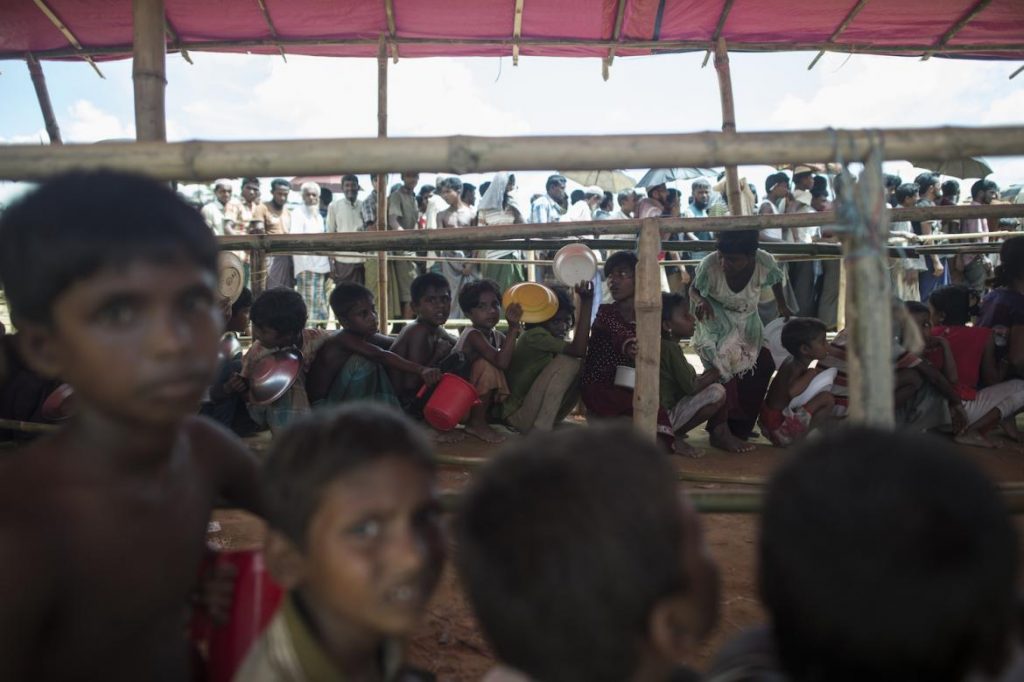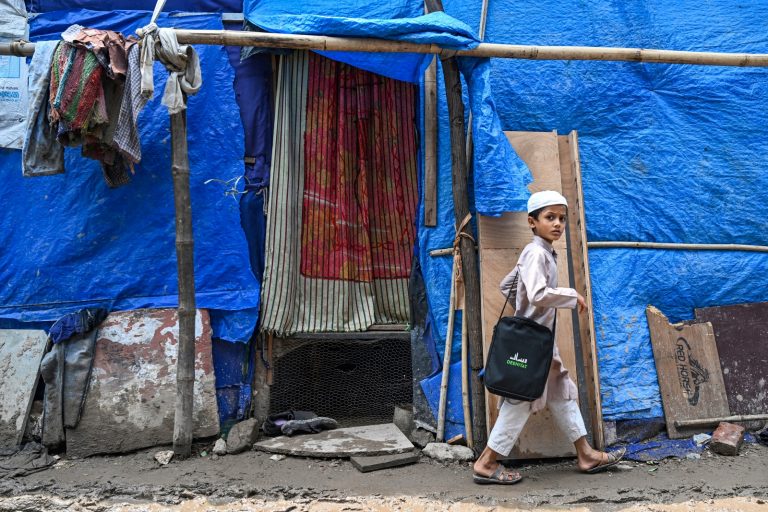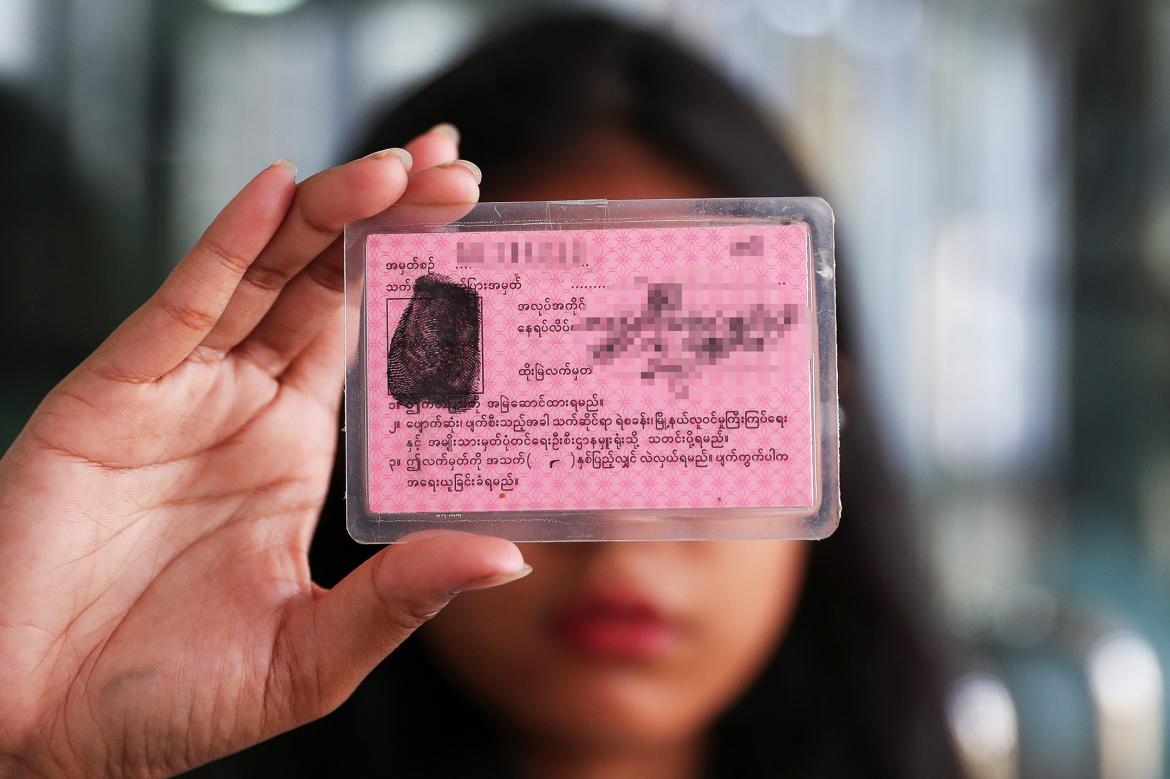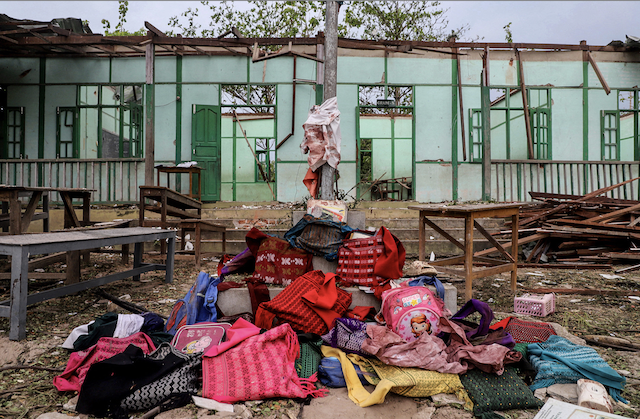By AFP
THE HAGUE — The International Criminal Court on Thursday approved a full investigation into Myanmar’s alleged crimes against the Rohingya, as the southeast Asian nation faced mounting legal pressure worldwide over their fate.
Judges backed a prosecution request to probe allegations of crimes against humanity and persecution over Myanmar’s 2017 bloody military crackdown against the minority Muslim group.
The ICC decision comes after a week in which former democracy icon Daw Aung San Suu Kyi was named in an Argentine lawsuit over crimes against the Rohingya, and Myanmar faced a separate genocide lawsuit at the UN’s top court.
More than 740,000 Rohingya were forced to flee over the border into sprawling camps in Bangladesh, in violence that United Nations investigators say amounts to genocide.
Support more independent journalism like this. Sign up to be a Frontier member.
The Hague-based ICC, set up in 2002 to try the world’s worst crimes, said it had “authorised the prosecutor to proceed with an investigation for the alleged crimes within the ICC’s jurisdiction” relating to Myanmar.
These include allegations of “systematic acts of violence”, deportation as a crime against humanity, and persecution on the grounds of ethnicity or religion against the Rohingya, it said.
Myanmar has long denied accusations it committed ethnic cleansing or genocide.
Myanmar is not signed up to the ICC but the court ruled last year that it has jurisdiction over crimes against the Rohingya minority because Bangladesh, where they are now refugees, is a member.
Chief ICC prosecutor Ms Fatou Bensouda was allowed to open a preliminary investigation on Myanmar in September 2018, and formally applied to begin a full-scale formal probe in July this year.
Bensouda on Thursday welcomed the decision, calling it “a significant development, sending a positive signal to the victims of atrocity crimes in Myanmar and elsewhere.”
“My investigation will seek to uncover the truth. My office will now focus on ensuring the success of its independent and impartial investigation,” she said in a statement.
International justice
The wheels of international justice have turned slowly when it comes to abuses against the Rohingya, but this week they finally creaked into action.
The West African nation of Gambia on Monday launched a case at International Court of Justice, the UN’s top court also based in The Hague, accusing Myanmar of genocide.
First hearings by the case, which Gambia filed on behalf of the 57-nation Organisation of Islamic Cooperation, are due to take place in December.
The ICJ normally deals with more legalistic disputes and border issues between states, but has recently been drawn into cases involving alleged breaches of UN conventions on genocide and terrorism.
The ICC case meanwhile will focus on individual, not state responsibility, which could in theory lead to arrest warrants being issued for Myanmar’s generals.
Meanwhile on Wednesday, Aung San Suu Kyi was among several top Myanmar officials named in a case filed in Argentina for crimes against Rohingya Muslims, the first time the Nobel Laureate has been legally targeted over the crisis.
Rohingya and Latin American human rights groups submitted the lawsuit in Argentina under the principle of “universal jurisdiction,” a legal concept enshrined in many countries’ laws.
The lawsuit demands top military and political leaders, including army chief Senior General Min Aung Hlaing and civilian leader Aung San Suu Kyi, face justice over the “existential threat” faced by the Rohingya Muslim minority.
Argentinian courts have taken up other universal jurisdiction cases, including in relation to ex-dictator Francisco Franco’s rule in Spain and the Falun Gong movement in China.
UN investigators last year branded the 2017 military crackdown in Myanmar as “genocide” and called for the UN Security Council to refer the case to the ICC.
But that will now no longer be necessary now that the ICC has launched a probe on its own.
Myanmar insists its own investigative committee is able to look into alleged atrocities, even though critics dismiss the panel as toothless and biased.
The Rohingya garner little empathy inside Myanmar with many people supporting the 2017 military campaign, buying the official line it was a necessary defence against militants and that the Muslim minority are not citizens.







